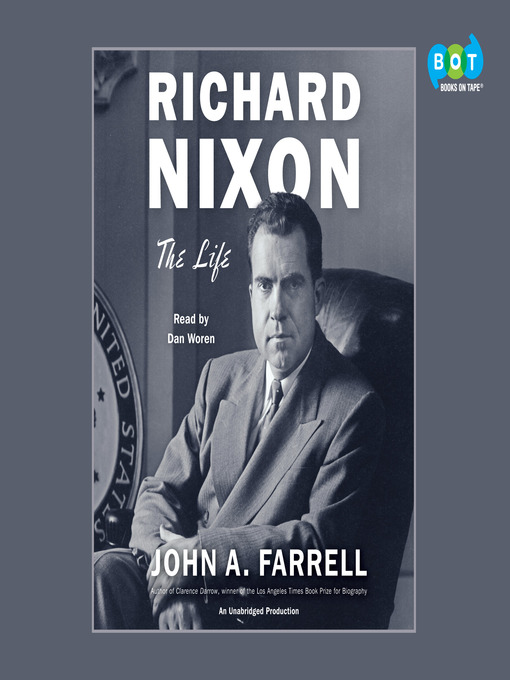- Available now
- New eBook additions
- New kids additions
- New teen additions
- Most popular
- Try something different
- Libros en español
- See all ebooks collections
- Available now
- New audiobook additions
- New kids additions
- New teen additions
- Most popular
- Try something different
- Audiolibros en español
- See all audiobooks collections
- Magazines
- Cooking & Food
- Home & Garden
- Fashion
- News & Politics
- Celebrity
- Sports
- Business & Finance
- Kids & Teens
- Science
- See all magazines collections

